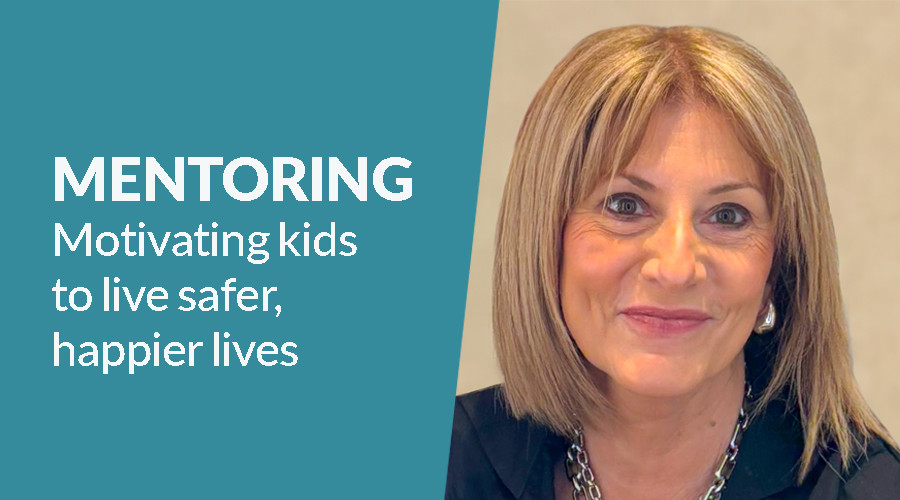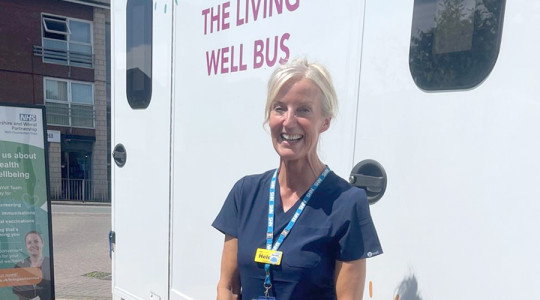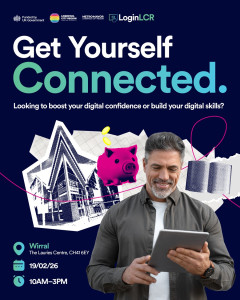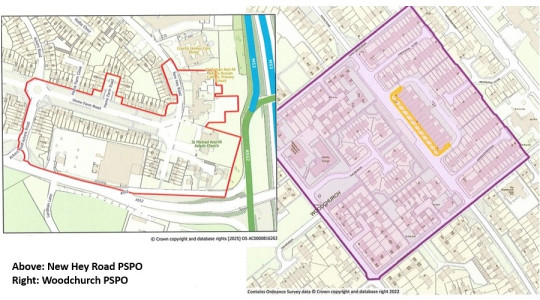“I can give something back to try and negate some of that loss.”
“It runs very deep for me, but I feel I can give something back and try and negate some of that loss.”
Sara is a mentor with the Wirral Youth Justice Service. She works with children who may have committed an offence, to help them avoid reoffending in the future. Sara’s reasons for volunteering with the service are very close to home.
Sara, from Hoylake, said:
In 2017 my brother was murdered. He was an adult and he was murdered by another adult. But the person who murdered him had had significant previous contact with the criminal justice system, including arrests for lesser crimes.
The overwhelming feeling for me was, how was this person not steered down a different route? For me, they were still a human being. What they’d done was dreadful, but, how did they get to this point? Could more have been done to help them walk a different path?
While Sara grieved the loss of her brother, life went on and she returned to her work in an admin role at a local secondary school. A year later she received an email from Wirral Youth Justice Service looking for mentors.
Sara said:
Here was an opportunity to work with people before they make life-changing mistakes – I jumped at the chance. I’ve been doing it for around seven years now.
Mentoring involves spending time, usually around three hours a week, with a young person who has committed an offence or been put on an intervention programme. For Sara this takes place in the evening and involves walks, cuppas, gym sessions or badminton, galleries and museum visits.
Sara said:
It depends on the young person. Walks are good, you’re not face to face, some young people struggle with that, but while walking you can chat without having to make eye contact. Or in the car you can have the radio on to fill gaps in conversation.
It’s all methods of getting them to feel relaxed and build trust – if kids don’t trust you, you won’t get anything out of them.
She recalls one young person whose case she found quite challenging.
Sara said:
He wasn’t challenging as a person but what he’d done, I found quite difficult. Over the weeks he really opened up – we talked about the impact of what he’d done. I’ve heard since that he’s doing really well, which is great.
Over the years, Sara has supported 10 children through mentoring. For her, it’s important to work with young offenders early, and try to show them what their future could look like.
Sara said:
For these kids, their behaviour might be the norm, so it’s about broadening horizons – suggesting an alternative which they might not have considered previously.
Because I think they should at least be given a chance to consider other choices and routes to go down. I don’t think it will work for everyone but it will give them a chance to consider what other options are out there. That’s why I do it. To try and motivate kids to live safer, happier lives.
Sara has found working with young offenders cathartic for her own grief journey.
Sara said:
As a society it can be easy to condemn people for doing awful things, but equally we can choose to work with young people to help them make better choices. If we can make one young person think differently, that’s massive.
It runs very deep for me, but by mentoring I feel I can give something back and try and negate some of the loss caused by my brother’s murder.
Wirral Youth Justice Service is looking for more volunteers to become mentors to children and young people.
All volunteers will be fully trained before becoming a mentor and will receive ongoing support. If you’ve been inspired by Sara’s story, learn more, and register your interest in being a mentor, here: Wirral Youth Justice Service | wirral.gov.uk.
More information on WYJS, processes and projects is available via: Youth Justice — zillowirral.
Sara shared her story on BBC Radio Merseyside. If you missed it, you can listen back to the morning show on 6 November 2025: Radio Merseyside - Listen Live - BBC Sounds.




